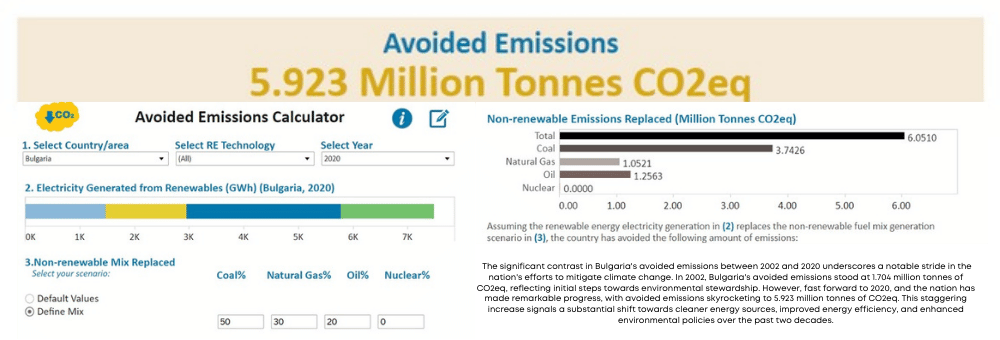Renewable Energy Capacity Growth:
Global renewable energy capacity increased by 330 GW in 2020.The expansion of renewable energy capacity helps to reduce reliance on fossil fuels, decreasing greenhouse gas emissions and mitigating climate change.
Temperature Rise Trend:
Global average temperature has risen by 1.2°C (2.2°F) since the late 19th century. The steady increase in global temperatures is primarily driven by the accumulation of greenhouse gases in the atmosphere, primarily CO2 from human activities such as burning fossil fuels and deforestation.
Deforestation Rate:
An average of 10 million hectares of forest are lost annually. Deforestation releases stored carbon into the atmosphere, contributing to increased CO2 levels and reducing the Earth’s capacity to absorb carbon dioxide, thereby exacerbating climate change.
Global Warming
An IPCC special report delves into the consequences of a 1.5°C increase in global temperatures from pre-industrial levels, examining associated greenhouse gas emission trajectories. It emphasizes bolstering worldwide actions against climate change while promoting sustainable development and poverty alleviation.


